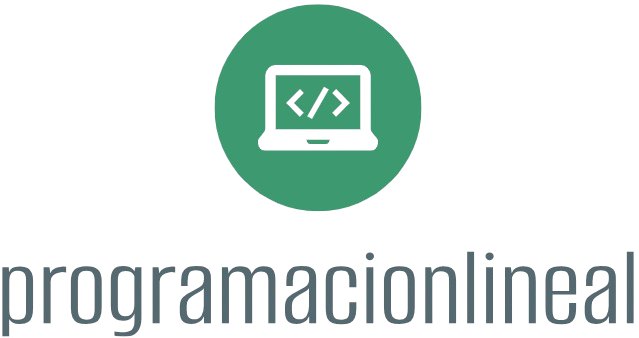Remote software development teams rely on a variety of tools to ensure efficient collaboration, communication, and project management. Here’s a list of some of the top tools that can help facilitate remote software development:
- Version Control Systems
– Git: A distributed version control system that allows teams to track changes in their codebase, collaborate on projects, and maintain a history of code modifications.
– GitHub: A platform built on Git that provides repository management, issue tracking, code reviews, and project documentation in a collaborative environment.
– GitLab: Similar to GitHub, it provides version control, CI/CD pipelines, and project management tools integrated into a single application.
- Project Management Tools
– Jira: A widely-used issue and project tracking tool designed for agile development. It helps teams plan, track, and manage software projects efficiently.
– Trello: A user-friendly Kanban-style project management tool that uses boards, lists, and cards to help teams organize tasks and projects visually.
– Asana: A versatile project management tool that allows teams to create tasks, set deadlines, and track progress through various workflow views.
- Communication and Collaboration Tools
– Slack: A messaging platform that enables real-time communication through channels, direct messages, and file sharing, streamlining team collaboration.
– Microsoft Teams: A collaboration platform that combines workplace chat, file sharing, video conferencing, and app integration, suitable for remote teams.
– Zoom: A popular video conferencing tool that allows teams to conduct virtual meetings, webinars, and screen sharing.
- Code Collaboration and Review
– CodeSandbox: An online code editor that allows developers to create, share, and collaborate on web applications directly in the browser.
– Visual Studio Live Share: An extension for Visual Studio Code that allows real-time collaboration on code with audio, chat, and simultaneous editing features.
– Gitea: A lightweight, self-hosted Git service that provides features for code collaboration, including pull requests and issue tracking.
- Continuous Integration and Continuous Deployment (CI/CD)
– Jenkins: An open-source automation server that enables continuous integration and delivery through plugins and integrations with various tools.
– CircleCI: A cloud-based CI/CD platform that automates the software development process for testing and deploying applications.
– Travis CI: A continuous integration service that automatically builds and tests code changes in GitHub repositories.
- Documentation and Knowledge Sharing
– Confluence: A collaboration and documentation tool that helps teams create, share, and organize knowledge effectively.
– Notion: A versatile tool that combines note-taking, project management, and documentation in a single workspace, allowing teams to capture and organize information.
– ReadMe: A platform for creating and maintaining API documentation that allows developers to collaborate and communicate API details effectively.
- Design and Prototyping Tools
– Figma: A web-based interface design tool that supports real-time collaboration, allowing design teams to create and share prototypes and mockups easily.
– Adobe XD: A design and prototyping tool that enables teams to create user experiences and share interactive prototypes with stakeholders.
– InVision: A design collaboration platform that allows teams to create interactive prototypes, gather feedback, and manage design assets.
- Cloud Development Environments
– GitHub Codespaces: An integrated development environment (IDE) hosted in the cloud that allows developers to write and debug code directly from GitHub.
– AWS Cloud9: A cloud-based IDE that provides a complete development environment accessible from anywhere, with built-in tools for coding and collaborative development.
- Time Tracking and Productivity Tools
– Toggl: A time-tracking tool that helps individuals and teams track time spent on projects, providing insights into productivity and resource allocation.
– Harvest: A time tracking and invoicing tool that enables teams to log hours, manage budgets, and create detailed reports.
- Virtual Whiteboarding Tools
– Miro: An online collaborative whiteboarding platform that allows teams to brainstorm, plan, and visualize ideas through interactive boards.
– Lucidspark: A virtual whiteboard that enables teams to collaborate in real-time, making it easy to brainstorm ideas and organize thoughts visually.
Conclusion
By leveraging these tools, remote software development teams can enhance their collaboration, streamline their workflows, and improve overall productivity. The right combination of tools depends on your team size, project complexity, and specific needs, so it’s essential to evaluate and choose the ones that best suit your workflow.











